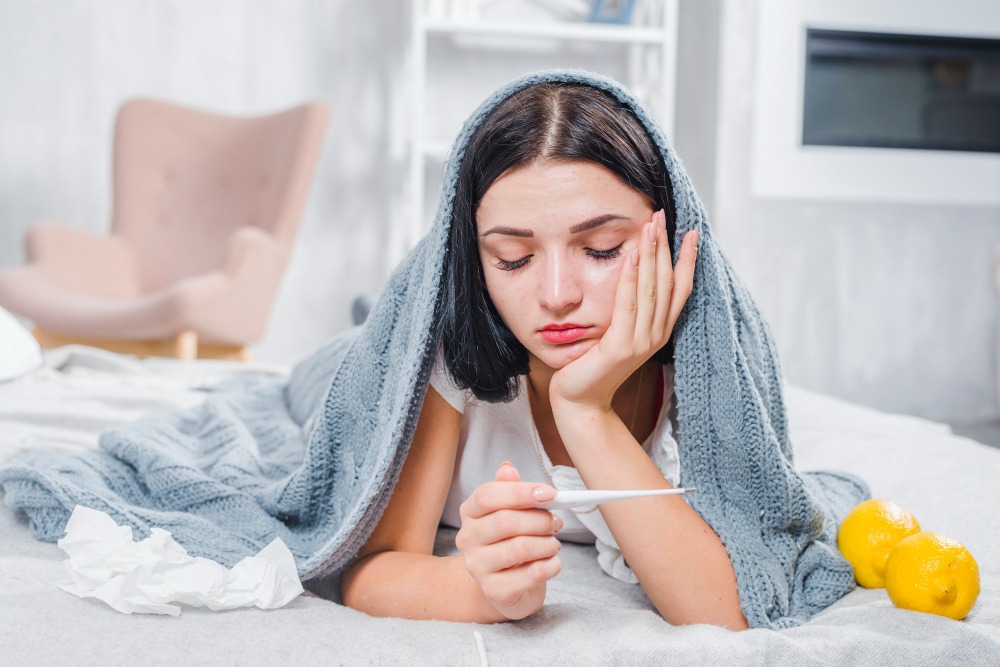Egg Freezing in Women
Egg freezing, also known as oocyte cryopreservation, is typically done in women who want to preserve their fertility for various reasons. This procedure involves stimulating the ovaries with hormones to produce multiple eggs, which are then retrieved and frozen for future use. This technology has become increasingly popular in recent years, as more women are choosing to delay childbearing for various reasons, such as focusing on their careers, waiting to find the right partner, or for medical reasons.
Types of Egg freezing in women-
!. Medical – There are several medical reasons why a woman may choose to freeze her eggs:
1. Cancer treatment: Some cancer treatments, such as chemotherapy and radiation therapy, can damage a woman’s eggs and reduce her fertility. Egg freezing before cancer treatment can preserve a woman’s fertility for the future.
2. Premature ovarian failure: Some women may experience premature ovarian failure, a condition where the ovaries stop functioning before the age of 40. Egg freezing can help preserve a woman’s fertility if she wants to have children later in life.
3. Genetic conditions: Women with certain genetic conditions that can affect their fertility, such as Turner syndrome or Fragile X syndrome, may choose to freeze their eggs to preserve their fertility.
4. Endometriosis: Endometriosis is a condition where tissue similar to the lining of the uterus grows outside the uterus, which can affect fertility. Egg freezing can be an option for women with endometriosis who want to preserve their fertility.
5. Age-related fertility decline: As women age, their fertility declines and the quality of their eggs decreases. Egg freezing can allow women to preserve their younger, healthier eggs for future use when they are ready to start a family.
Social Egg freezing –
1. Delaying childbearing: Many women choose to freeze their eggs as a way to preserve their fertility and have the option to have children later in life. This can be particularly important for women who want to focus on their education, career, or other personal goals.
3. Personal circumstances: Women may also choose to freeze their eggs due to personal circumstances, such as not having found a suitable partner or wanting to wait until they are in a stable relationship before starting a family. Egg freezing can provide a sense of security and peace of mind for women who want to have children in the future.
4. Social pressures: In some cases, women may feel pressured by societal expectations to have children at a certain age. Egg freezing can offer a way to alleviate this pressure and provide more flexibility in terms of when to start a family.
5. Empowerment and control: Egg freezing can be seen as a way for women to take control of their reproductive choices and have more autonomy over their fertility. It can provide a sense of empowerment and freedom to make decisions about when and how to start a family.
At what age should egg freezing be done –
There is no specific age at which women should go for egg freezing, as individual circumstances and preferences vary. However, it is generally recommended that women consider egg freezing before the age of 35, as egg quality and quantity decline with age. Women in their late 20s to early 30s may have the best chance of success with egg freezing, as younger eggs are typically healthier and more viable for future use.
How many eggs to freeze –
Women under 35 should freeze 20 mature eggs for an 85 % chance of having at least one child. Women 38 to 40 should freeze 30 mature eggs for a 75% chance of having at least one child. Women 40 to 42 should freeze 30 mature eggs for a 50% chance of having at least one child.
Main benefits of egg freezing –
1. Egg freezing before cancer treatment can preserve a woman’s fertility for the future.
2. It allows women to have more control over their reproductive choices. By freezing their eggs at a younger age, women can increase their chances of having a successful pregnancy later in life, even if their fertility declines due to age-related factors.
However, it’s important to note that egg freezing is not a guarantee of future pregnancy, as success rates can vary depending on various factors, such as the woman’s age, overall health, and the quality of the eggs.
Overall, egg freezing can be a valuable option for women who want to preserve their fertility and have the flexibility to start a family when the time is right for them. It’s essential to consult with a fertility specialist in Indore to discuss the benefits, risks, and potential outcomes of egg freezing in your specific situation.

